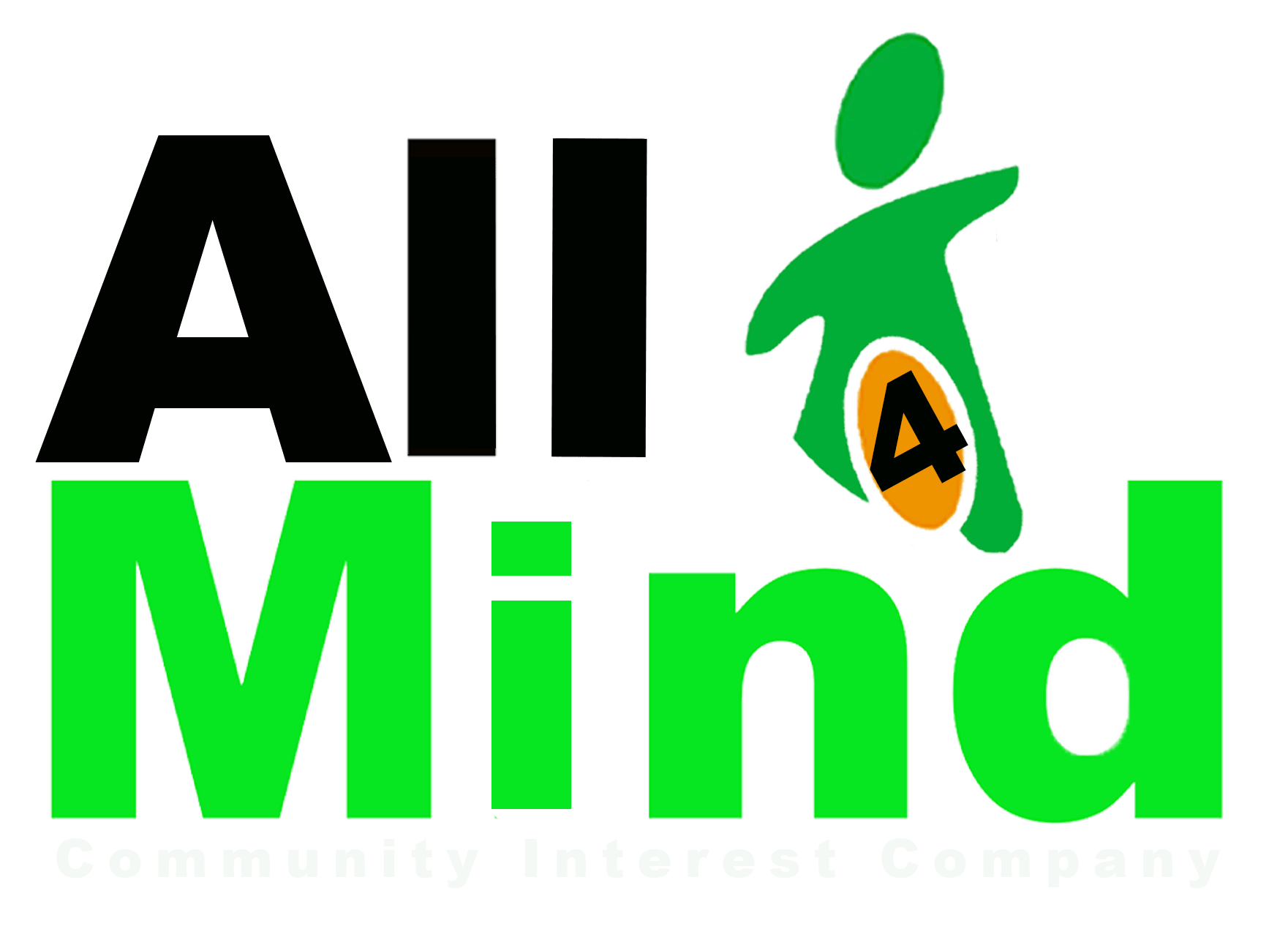Our Workforce
Workforce
We are committed to building a diverse workforce that is equitable and inclusive
OUR WORKFORCE
We are committed to building a diverse workforce that is equitable and inclusive. We have due regards to our duties under the human right act and the equality Act 2010 and all its characteristics as laid within the Act, we have a diverse workforce that underpin our values of zero discriminative culture. Our staff are inducted in the values of the human right act, equality, diversity and inclusion in the delivery of care and treatment towards our service users and stakeholders.
We are committed and promote safe care and treatment towards our service users and maximise positive service user experience without fear, harassment, prejudice, abuse or any form of discrimination including but not limited to; religion, race, sexuality, gender. We strive in ensuring everyone including service users and stakeholders are treated equally and inclusively



